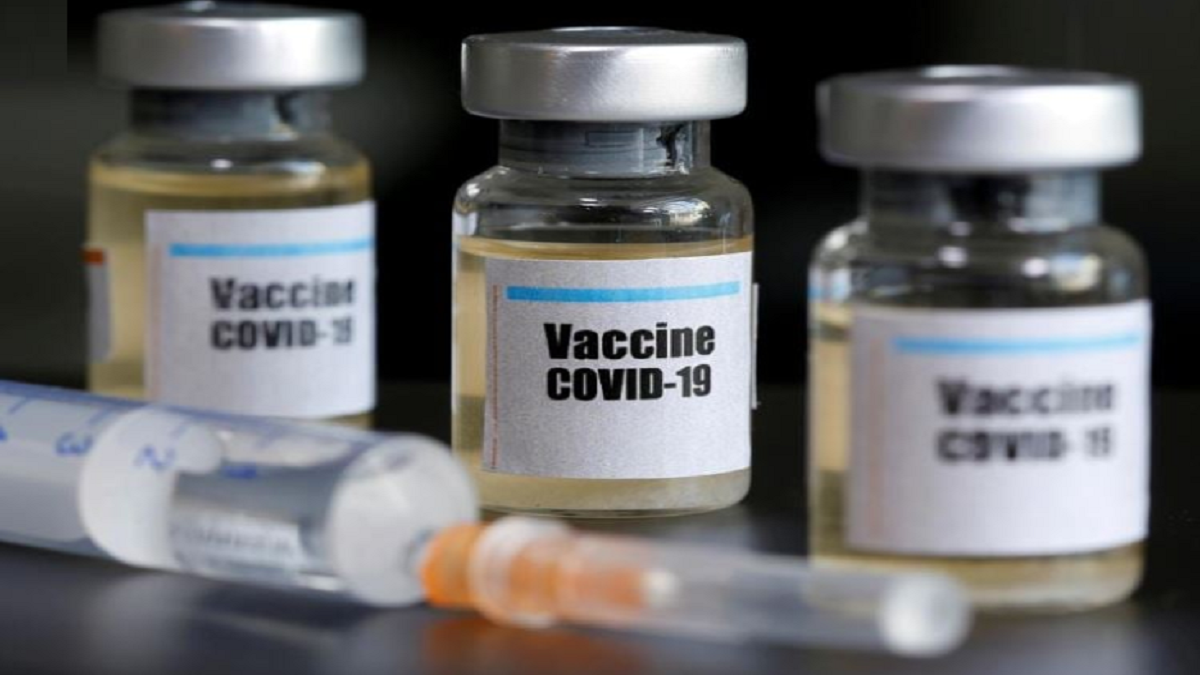


The ZyCoV-D, the plasmid DNA vaccine designed and developed by Zydus and funded by the Department of Biotechnology, has initiated phase I/II clinical trials in healthy subjects, making it the first indigenously developed vaccine for Covid-19 to be administered in humans in India.
The adaptive Phase I/II dose escalation, multi-centric study will assess the safety, tolerability and immunogenicity of the vaccine. The human dosing of the vaccine marks a key milestone since the launching of the accelerated vaccine development programme for Covid-19 in February 2020, according to a Biotechnology Research Assistance Council (BIRAC) statement.
In the pre-clinical phase, the vaccine was found to elicit a strong immune response in multiple animal species like mice, rats, guinea pigs and rabbits. The antibodies produced by the vaccine were able to neutralize the wild type virus in virus neutralization assay indicating the protective potential of the vaccine candidate.
This is to be noted that the Department of Biotechnology has partnered with Zydus to address rapid development of an indigenous vaccine for COVID-19 under the National Biopharma Mission. Renu Swarup, department Secretary and Chairperson, BIRAC said, “This partnership with Zydus is to serve the country’s need for a vaccine to fight the dreaded pandemic which has put a billion people at risk.”
Chairman of Zydus Cadila, Pankaj R. Patel said, “This is a very important step in our fight against this pandemic and one that will help the nation combat this healthcare challenge.”
With ZyCoV-D, the company has successfully established the DNA vaccine platform in the country using non-replicating and nonintegrating plasmid carrying the gene of interest making it very safe. Further, no vector response and with absence of any infectious agent, t h e p l a t f o r m provides ease of manufacturing the vaccine with minimal biosafety requirements (BSL-1).
The platform is also known to show much improved vaccine stability and lower cold chain requirements making it easy for transportation to remotest regions of the country. Furthermore, the platform can be rapidly used to modify the vaccine in a couple of weeks in case the virus mutates to ensure that the vaccine still elicits protection.